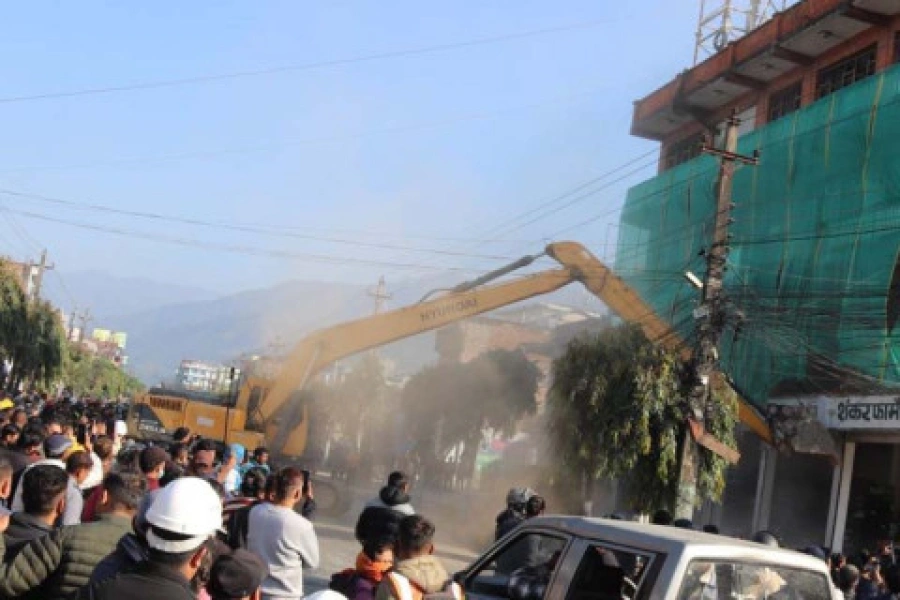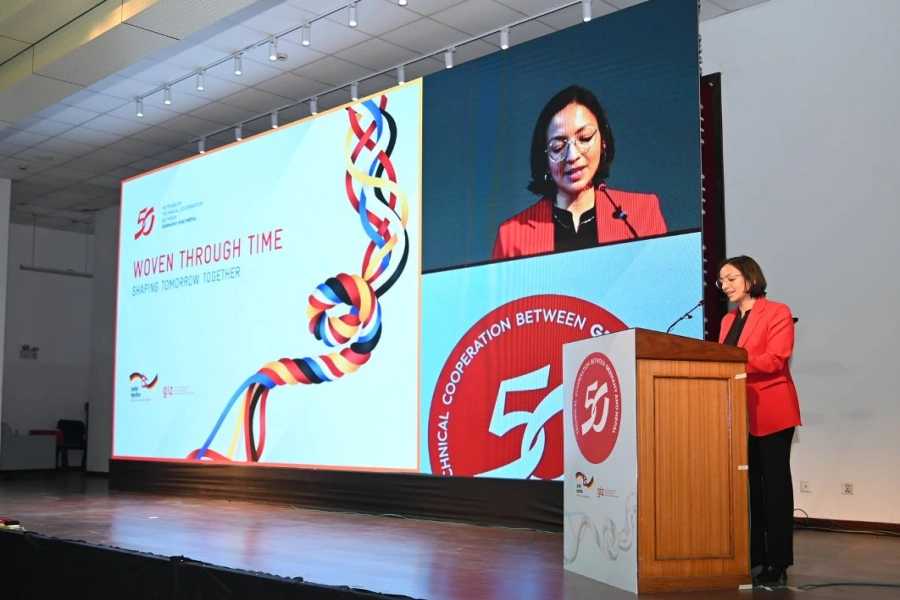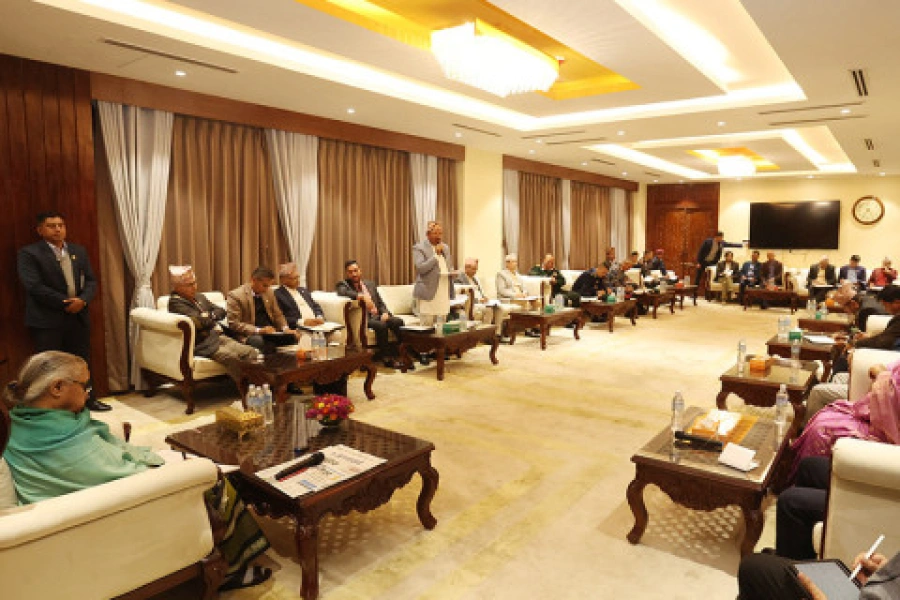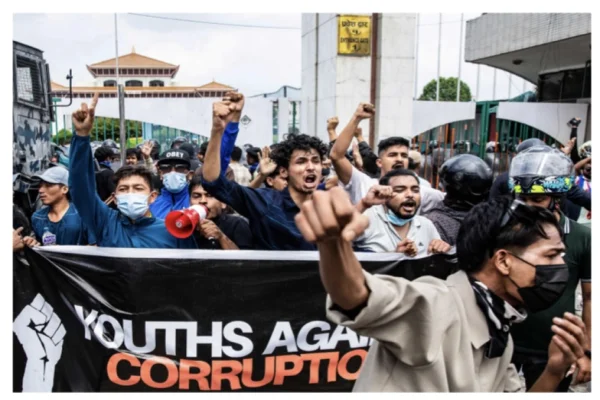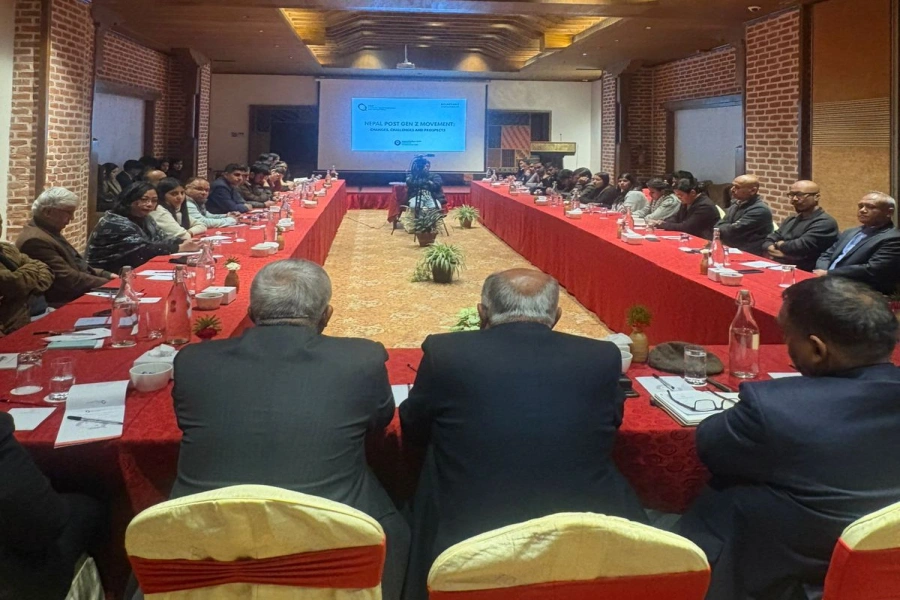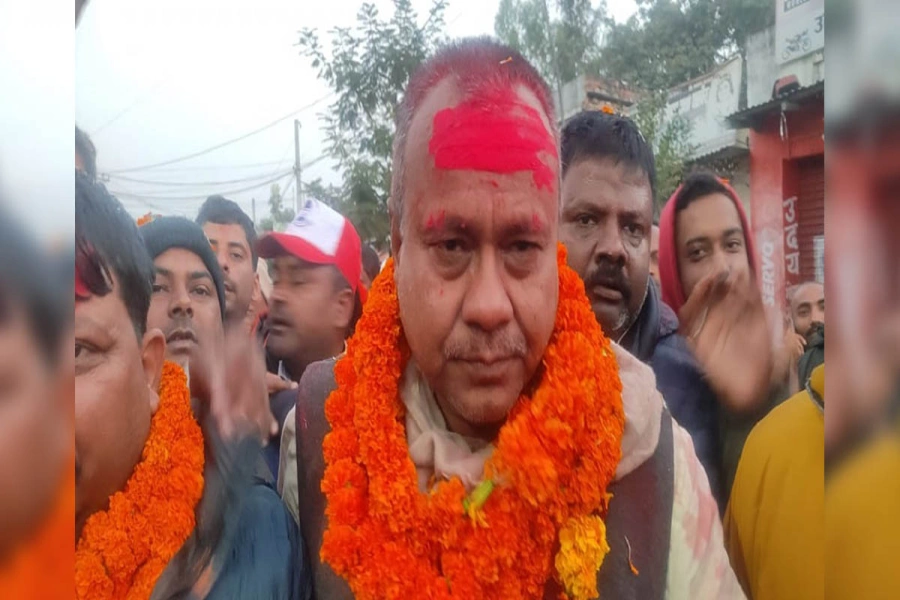KATHMANDU, August 17: The Supreme Court (SC) has raised serious questions over President Ram Chandra Paudel's controversial decision to grant pardon to former lawmaker Resham Chaudhary, even as a case related to the Tikapur massacre remained under-consideration at the apex court.
In the full text of the verdict released on Wednesday, the apex court posed moral concerns over President Paudel's move to release Chaudhary, who was serving a life sentence for orchestrating the brutal murder of seven security personnel, including an SSP of Nepal Police Laxman Neupane and a minor. Chaudhary was granted amnesty on May 26 on the occasion of Republic Day.
Chaudhary, formerly held at the Dillibazar Jail, was granted amnesty by the President at the recommendation of the Pushpa Kamal Dahal-led government. A Division Bench of Justices Aananda Mohan Bhattarai and Nahakul Subedi at the apex court delivered Chaudhary's verdict on May 16 in a separate case, with the full text released only on Wednesday evening.
However, the comprehensive judgment, made public on Wednesday, raises significant doubts about Chaudhary's involvement in the Tikapur incident. The SC opposes the government's decision to grant amnesty for a life sentence.
President Poudel sends back the petition to grant amnesty to Re...

The SC's verdict asserts that "criminal law violations cannot be excused under the guise of political consensus, political interests, or crimes of a political nature. Withdrawing cases as part of political bargaining blatantly undermines established values of justice and the legal system." Furthermore, the apex court maintains that such a form of pardon mocks the constitution and the very principles of justice.
The SC in the full text of the verdict accuses Chaudhary of seeking political protection to shield his crimes. The court has maintained that obstructing the criminal justice process for political bargaining or other reasons creates a serious impediment to reaching a judicial resolution.
The apex court has labeled the Tikapur incident a "brutal, inhumane, and unconscionable act in a civilized society." The judgment also states that if perpetrators can evade justice for unjustified abduction and mass murder under political or other pretexts, the state, entrusted with safeguarding citizens' lives, wealth, and freedoms under the constitutional governance system, will fail in its duty.
"This creates an unfortunate situation where the victim is further victimized, and the perpetrator roams free," the full text states. According to the SC's verdict, controversial actions like granting amnesty to Chaudhary put the country's law and order in the hands of criminals, perpetually endangering the lives of voiceless, vulnerable, and innocent citizens.
"If blood-stained hands are shielded politically, society will devolve into a scenario where criminals walk without fear, their voices resounding," the judgment asserts. It declares that granting amnesty to a perpetrator of heinous criminal acts like Chaudhary is a misguided attempt at politicizing crime.
Given the Tikapur incident has been described as cruel and inhumane by the apex court, the decision of the apex court to waive Chaudhary's life sentence might be reversed, according to legal experts. Despite the amnesty granted, a case filed against Chaudhary by the Tikapur massacre victims' families is pending in the apex court. Legal scholars indicate that the full text of the verdict released on Wednesday could serve as a precedent for potential reversal of the government's amnesty decision.
President Paudel granted amnesty under Article 276 of the Constitution of Nepal, which allows the President to pardon, postpone, change, or reduce sentences as per the law. The constitution addresses pardon and repudiation solely within legal parameters. Section 159 of the Civil Code of Criminal Procedure Act, 2074 BS establishes that individuals sentenced by court decisions can apply to the President through the Ministry of Home Affairs for pardon, postponement, change, or reduction of sentences.



